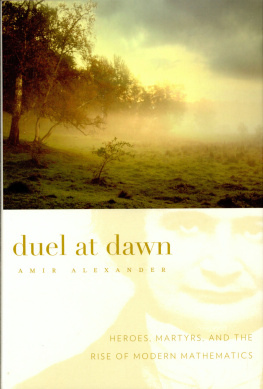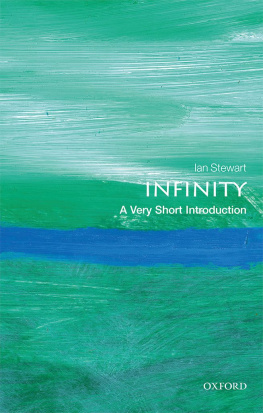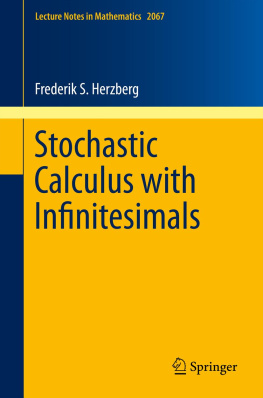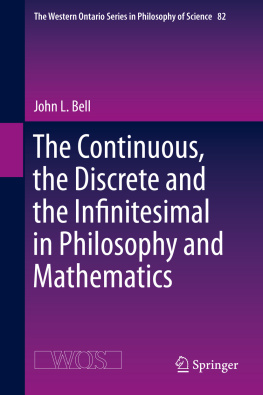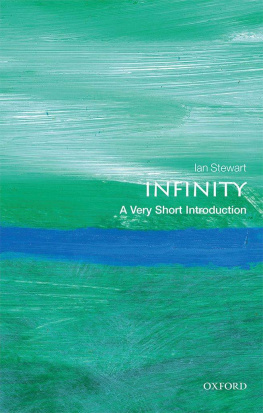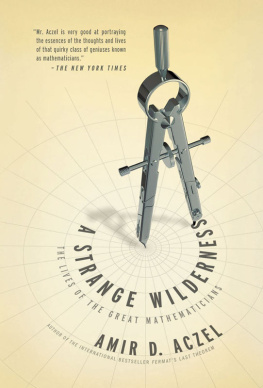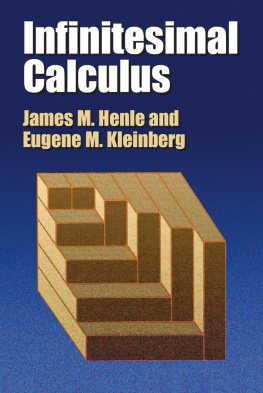CONTENTS
No continuous thing is divisible into things without parts.
ARISTOTLE
Introduction
A COURTIER ABROAD
In the winter of 1663 the French courtier Samuel Sorbire was presented at a meeting of the newly founded scientific academy, the Royal Society of London. Sorbire, explained Henry Oldenburg, the Societys distinguished secretary, was a friend from the dark days of the civil war, when the king was driven out of England and made his court in Paris. Now, three years after Charles II had been restored to his throne in London, Oldenburg was proud to host his old friend in his true home, and to share with him the exciting new investigations taking place under the Royal Societys roof. For the next three months, Sorbire traveled the land, meeting with political leaders and leading intellectual lights, and even the king himself. Throughout this time, the gregarious Frenchman made the Royal Society his home, attending its meetings and socializing with its fellows. They, for their part, treated him with the greatest respect, and bestowed on him their highest honor: they made him a fellow of the Royal Society.
Whether Sorbire was worthy of this honor is debatable. Although he was a noted physician in his day, and something of a man of letters, even he did not consider himself an original thinker. By his own testimony he was a trumpeter rather than a soldier in the warfare of letters, one who did not promote his own ideas but who advertised the ingenious inventions of other men through his far-flung web of acquaintances and correspondents. And it was, to be sure, an impressive network, including some of the greatest luminaries in France, and philosophers and scientists in Italy, the Dutch Republic, and England. Sorbire was of a type familiar in intellectual circles from that day to ours, the man whom everybody knows, though not necessarily respects all that much. Of greater concern to his hosts, however, was the fact that Sorbire was a close friend and the French translator of Thomas Hobbes, a man most members of the Society considered a dangerous subversive, and a threat to religion and the state.
If the powers that be at the Royal Society were willing to overlook these missteps and invite him into their circle, the reason was simple: Sorbire was a man on the rise. In 1650, after years of living in exile in Holland, hed returned to France and, four years later, abandoned his Protestant faith and converted to Catholicism. At a time when the position of Protestants in France was becoming increasingly precarious, this was a wise choice. Sorbire became a protg of Cardinal Mazarin, Louis XIVs chief minister, and was admitted to the kings inner circle. He was granted a pension and the title of royal historiographer, and tried to use his influence as a high-ranking courtier to establish a scientific academy in France. His journey to England was meant, in part, as a study of the Royal Society, to determine whether it could serve as a useful model for a similar institution back home. To the grandees of the fledgling Royal Society, always on the lookout for patrons and benefactors, Sorbire was an emissary from the brilliant court of Louis XIV, and hence a man to be treated with the utmost consideration.
If Oldenburg and his fellows hoped to be repaid in kind for the honor they had granted Sorbire, they were quickly disappointed. Mere months after returning home, Sorbire published an account of his experiences in England that showed little appreciation for the country he had so recently visited, stunning his former hosts. In Sorbires eyes, England suffered from an excess of religious freedoms and an excess of Republican spirit, both of which undermined established religion and royal authority. The official Church of England, Sorbire wrote, was likely the best of the plethora of sects, because its Hierarchy inspires People with Respect to those who are Supream over them, and is a support to the Monarchy. But the othersPresbyterians, Independents, Quakers, Socinians, Mennonites, etc.are the pernicious fruit of excessive toleration and have no place in a peaceful realm.
Sorbire, to be fair, did lavish praise on the Royal Society, and spoke with admiration of the experiments conducted in its halls and of the civility of the debates among its members. He even predicted that if the advance-project of the Royal Society be not some way or other blasted, then we shall find a world of people fall into Admiration of so excellent a learned Body. The details of Sorbires account, however, were far less flattering. He claimed that the Society was divided between the followers of two French philosophers, Descartes and Gassendi, an assertion that offended the English on both patriotic and principled grounds; the Royal Society prided itself on following nature alone, eschewing any systematic philosophy. Sorbire insulted the Societys patron the Earl of Clarendon, Charles IIs Lord High Chancellor, by writing that he understood the formalities of the law, but little else, and had no knowledge of literature. Of the Oxford mathematician John Wallis (16161703), one of the Societys founders and leading lights, Sorbire wrote that his appearance inclined one to laughter and that he suffered from bad breath that was noxious in conversation. Walliss only hope, according to Sorbire, was to be purified by the Air of the court in London.
For the Societys nemesis Thomas Hobbes, however, who was also Walliss personal enemy, Sorbire had only praise. Hobbes, he wrote, was a courtly and gallant man, and a friend of crowned heads, despite his upbringing as a Protestant. Furthermore, Sorbire claimed, Hobbes was the true heir of the illustrious Sir Francis Bacon, the late Lord Chancellor of England and prophet of the new science. This last was the most egregious of Sorbires offenses in the eyes of the Royal Society grandees. Bacon was venerated in the Society as its guiding spirit and, effectively, patron saint. To have his mantle bestowed on Hobbes was intolerable. As Thomas Sprat, the Societys historian, wrote in a thorough rebuttal of Sorbires account, there was no more likeness between Hobbes and Bacon than there was between St. George and the Waggoner.
Sorbire, as it turned out, paid dearly for his perceived ingratitude to his English hosts. He may have cared little for Sprats insults, hurled from faraway London, but he could not ignore the unpleasant ramifications in the royal court in Paris. France at the time sided with England in its war against the Dutch Republic, and Louis XIV was not pleased that one of his own courtiers was causing diplomatic friction with a useful ally. He promptly stripped Sorbire of his status as royal historiographer and banished him from court. Though the banishment was lifted several months later, things were never the same for Sorbire. He repeatedly tried to ingratiate himself with the king, and when that failed, he traveled to Rome to seek the Popes patronage instead. He died in 1670, never having regained the status and prestige he had enjoyed on the eve of his journey to England.
Though disastrously ill-timed as far as his career was concerned, Sorbires A Voyage to England expresses views that in many ways were what one might expect from a man in his position. He was, after all, a courtier to Louis XIV, the king most responsible for establishing royal absolutism in France, and whose philosophy of governance was well encapsulated in his (possibly apocryphal) saying Ltat cest moi. In the 1660s Louis was rapidly concentrating state power in royal hands, and was well on his way to creating a single-faith state, a process completed with the expulsion of the Protestant Huguenots in 1685. If the French courts ambition was to create a nation of one king, one law, one faith (un roi, une loi, une foi), then certainly Sorbire saw little evidence of that in England. Not only had the English effectively suppressed the true Catholic faith, but they had not even succeeded in replacing it with a single religion of their own. A plethora of sects was undermining the established state religion, and thereby the authority of the king. Personages whose actions during the civil war had suggested dangerous republican tendencies now occupied respectable positions in both church and state, whereas Hobbes, a steadfast royalist whose philosophy supported crowned heads, was marginalized.
Next page

